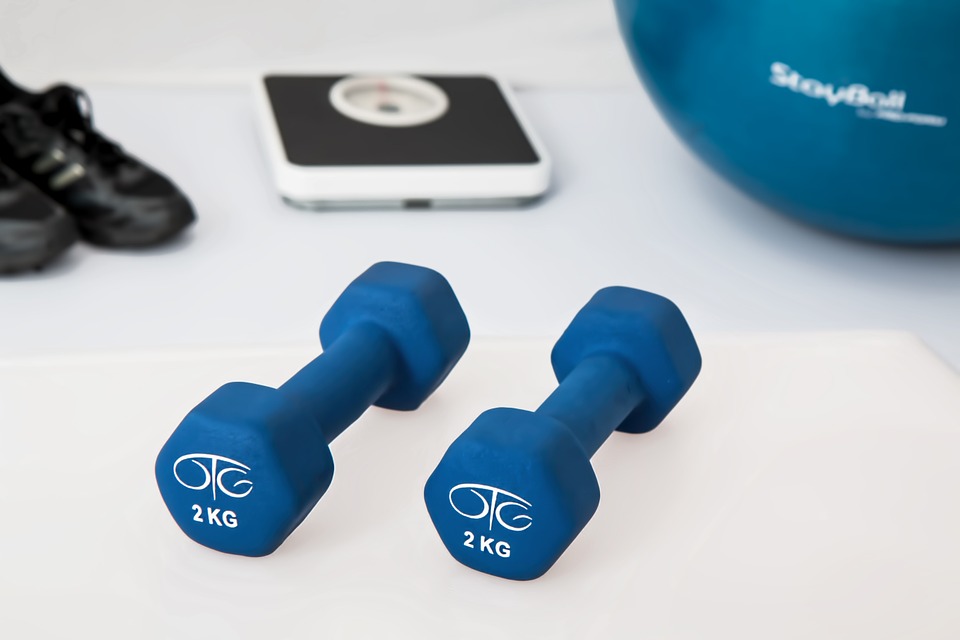Ear wax may not be the most pleasant of subjects up for discussion but the fact is that it performs a very necessary purpose in keeping our ears clean and germ-free, as well as preventing water or foreign bodies from entering the ear canal.
Normally, the ear does a perfectly good job of self-cleaning but some people are more prone to excessive buildup of earwax which can lead to problems if not treated. These can range from the simple but irritating blocked ears to more serious problems like earache. Here, Camden Opticians provide us with a guide to ear wax removal for those thinking they may need it.
Causes Of Ear Wax Build-up
This common irritation can be a result of:
- Producing very hard or dry ear wax, especially in elderly people
- Constant use of implements like cotton buds to try to ‘remove’ the wax – this only serves to push the wax further into the ear canal
- Bony growths in the outer ear canal or having narrow or hairy ear canals
- Persistent use of a hearing aid or earphones
Problems With Ear Wax Build-up
Excessive ear wax can cause various symptoms some of which can require urgent treatment by a GP. You know you have an ear wax build-up if you have any of the following symptoms:
- Earache or more severe and persistent pain
- Itchiness
- A feeling of fullness in the ear
- Infection – evidenced by pain and a feeling of wetness and the production of pus; there is often a bad odour associated with this
- Tinnitus – loud rushing or ringing noises in the ear that won’t go away
- Dizziness
- Hearing loss
There are several products on the market that promise to soften and assist in the irrigation of ear wax but these are seldom successful and can, in some cases, make the problem much worse. Hearing loss arising from infection is the most serious issue associated with a build-up of ear wax and this is why, if you think your ears are blocked, it is imperative that you see a professional for ear wax removal in London who can help using the very latest painless and safest Micro Suction technique. They can also offer advice on how to properly care for your ears to prevent any further recurrence of the problem. You should never attempt to remove ear wax yourself as you run the risk of pushing it further down the ear canal and causing damage to this delicate structure.
The Effect Of Ear Wax On General Health
Excessive ear wax may seem to be a trivial problem but for some people it can severely impact on their health. A buildup of wax in the ear, apart from giving you a feeling of fullness which can be irritating in itself, can cause you to feel dizzy and nauseous and can even lead to you losing your balance – a condition called vertigo. Repeated infection resulting from ear wax impaction can lead to permanent damage of the inner ear structures. The consequences from this can be seen in permanent and debilitating hearing loss which in turn can affect all areas of your life. Imagine feeling ‘left out’ of conversations at work or in social situations because you cannot hear them properly. Imagine also having to suffer repeated pain because of infection.
Read also: The Relationship Between Oral Health And General Health
Benefits Of Professional Ear Wax Removal
There are, as we said earlier, dangers involved in attempting to remove ear wax by yourself. Not only can you not remove it at all but push it further in, you could actually remove too much and risk leaving the ear exposed to external bodies.
Having the procedure done by a professional who has the knowledge and expertise to do this safely will in the long run be beneficial for your health and well-being.
Read also: E-Cigarettes: How They Effect On Your Oral Health






















